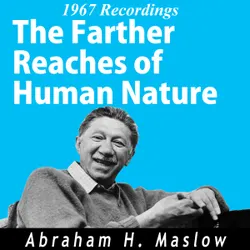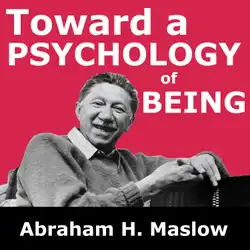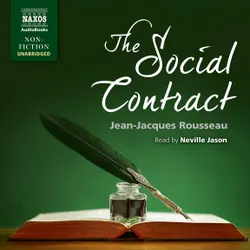The present paper is an attempt to formulate a positive theory of motivation which will satisfy these theoretical demands and at the same time conform to the known facts, clinical and observational as well as experimental. It derives most directly, however, from clinical experience. This theory is, I think, in the functionalist tradition of James and Dewey, and is fused with the holism of Wertheimer, Goldstein, and Gestalt Psychology, and with the dynamicism of Freud and Adler. This fusion or synthesis may arbitrarily be called a 'general-dynamic' theory. It is far easier to perceive and to criticize the aspects in motivation theory than to remedy them. Mostly this is because of the very serious lack of sound data in this area. I conceive this lack of sound facts to be due primarily to the absence of a valid theory of motivation. The present theory then must be considered to be a suggested program or framework for future research and must stand or fall, not so much on facts available or evidence presented, as upon researches to be done, researches suggested perhaps, by the questions raised in this paper.

Mediating High Conflict Disputes
Bill Eddy, Michael Lomax
audiobook
The Peacemakers : Leadership Lessons from Twentieth-Century Statesmanship
Bruce W. Jentleson
audiobook
Teodicea : Ensayos sobre la bondad de Dios, la libertad del hombre y el origen del mal
Gottfried W. Leibniz
book
How to Live on 24 Hours a Day
Arnold Bennett
book
The Farthest Reaches of Human Nature : 1967 Recordings
Abraham H. Maslow
audiobook
Making Real Connections
Harvard Harvard Business Review
audiobook
War for Eternity : Inside Bannon's Far-Right Circle of Global Power Brokers
Benjamin R. Teitelbaum
audiobookLeibniz: Philosophy in an Hour
Paul Strathern
audiobook
Toward a Psychology of Being
Abraham H. Maslow
audiobookbook
500 Quotes from Peacemakers
Buddha, Mahatma Gandhi, Martin Luther King, Dalai Lama, Mother Teresa
audiobook
The Social Contract
Jean-Jacques Rousseau
audiobookbook
How to Live on 24 Hours a Day
Arnold Bennett
audiobookbook


